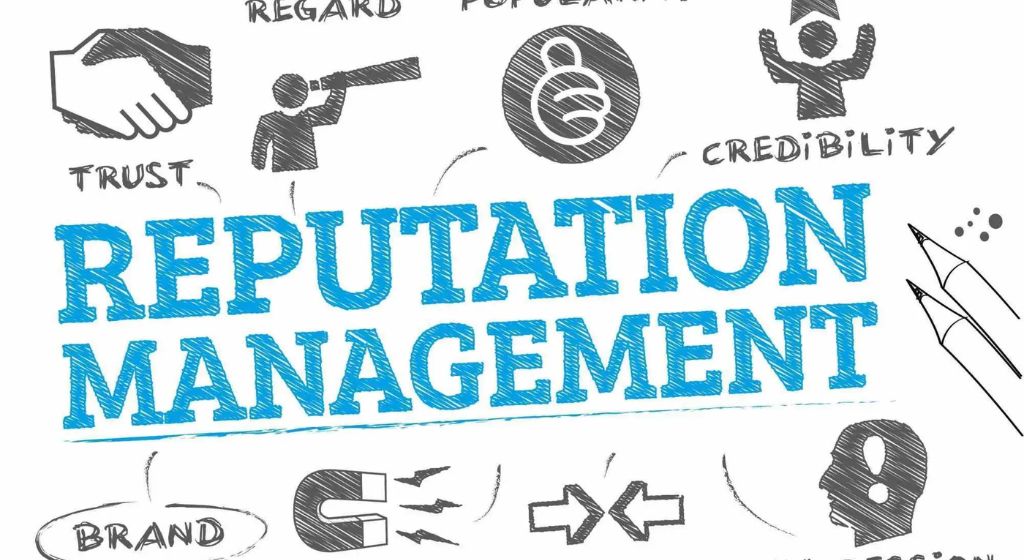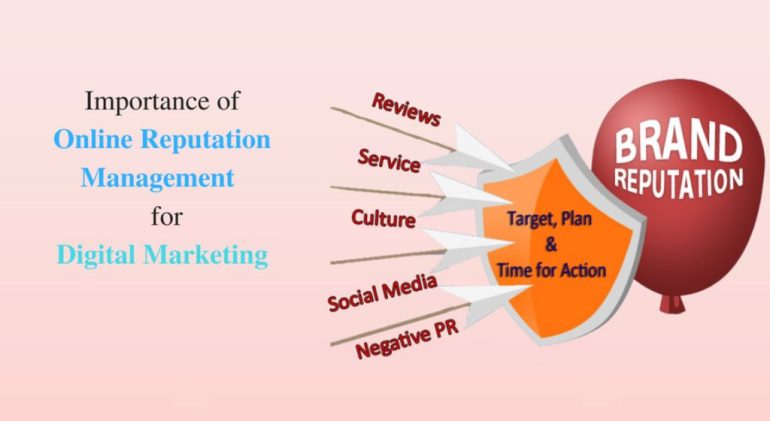In today’s highly interconnected world, reputation has become one of the most valuable assets for individuals and organizations alike. Whether you’re a multinational corporation, a small business owner, a public figure, or just a private individual with an online presence, how others perceive you can significantly influence your success, opportunities, and relationships.
Reputation management, therefore, is not just a reactive strategy to crises but a proactive process of shaping public perception, maintaining trust, and safeguarding credibility in both the real and digital world.
Understanding Reputation Management
Reputation management refers to the practice of influencing and controlling how a person or organization is perceived by the public. It involves monitoring reputation, addressing content that could damage it, and using strategies to boost positive image.
This may include public relations efforts, online review management, social media engagement, and even search engine optimization (SEO) tactics. Essentially, it’s about managing the narrative—making sure the story told about you or your brand is accurate, fair, and favorable.
Why Reputation Matters
Reputation acts as a form of social capital. For businesses, a good reputation can attract customers, investors, partners, and talent. For individuals, it can open doors to job opportunities, partnerships, and credibility in their field. In contrast, a poor reputation can lead to lost revenue, broken trust, isolation, and in some cases, irreparable damage.
In the digital era, reputations are more vulnerable than ever. A single negative review, tweet, or video can go viral and cause long-lasting damage. This is why reputation management has become not only relevant but essential.
Business Reputation and Its Impact
In business, reputation directly affects the bottom line. Studies have shown that consumers are more likely to buy from companies they trust and respect. According to a 2023 BrightLocal survey, 87% of consumers read online reviews for local businesses, and nearly 79% trust online reviews as much as personal recommendations.
A single star drop on a Yelp review can translate to a significant decline in revenue. Reputation also affects hiring—companies with poor reputations struggle to attract skilled employees, while those with positive reputations are magnets for top talent.
Moreover, investors and stakeholders often evaluate the reputational standing of a company before making financial decisions. A company embroiled in controversy, lawsuits, or negative press will have a harder time raising funds or maintaining shareholder confidence.
Online Reputation: The Digital Battleground
The internet has dramatically amplified the importance of reputation. Social media platforms, review websites, blogs, and news articles can shape public perception quickly and permanently. Search engines also play a crucial role—what shows up on the first page of Google often defines someone’s or a business’s reputation.
Online reputation management (ORM) involves monitoring web content, addressing negative information, responding to reviews or comments, and promoting positive content.
For instance, if a business receives a bad review on TripAdvisor or Google, responding professionally and resolving the issue can mitigate the damage. Similarly, personal ORM includes cleaning up one’s digital footprint, managing privacy settings, and being mindful of public posts.

Reputation Management in Crisis Situations
Reputation management becomes even more critical in times of crisis. A public relations crisis—such as a scandal, data breach, product failure, or social media backlash—can erupt suddenly and escalate rapidly. How an individual or organization responds can either mitigate the fallout or worsen the situation.
Timely, transparent, and empathetic communication is key during crises. Silence, denial, or dishonesty often lead to greater backlash. A well-handled crisis can even strengthen reputation by demonstrating accountability, resilience, and integrity.
For example, brands like Johnson & Johnson have historically managed crises—like the Tylenol tampering case—with openness and decisive action, which ultimately reinforced consumer trust.
Personal Reputation in the Professional World
Reputation management is not just for businesses or celebrities; it’s crucial for professionals in all fields. In an age where employers often Google job applicants or review their social media profiles, personal branding and online reputation matter immensely. A poorly thought-out post, insensitive comment, or unprofessional image can cost someone a job offer or business deal.
LinkedIn, Twitter, Instagram, and personal blogs all contribute to one’s public persona. Therefore, individuals must cultivate a consistent, authentic, and professional image, both online and offline. Reputation management, in this context, means curating your digital presence and actively engaging in positive networking and communication.
Tools and Strategies for Reputation Management
There are several tools and strategies available for managing reputation effectively:
-
Monitoring Tools: Platforms like Google Alerts, Mention, and Brand24 allow businesses and individuals to track mentions and sentiments online in real-time.
-
Review Management: Encouraging satisfied customers to leave reviews while addressing negative ones diplomatically helps shape public perception.
-
SEO and Content Marketing: Publishing positive content, such as blogs, press releases, and testimonials, can help bury negative content in search results.
-
Social Media Engagement: Being active and responsive on social media shows transparency and builds trust with followers.
-
Public Relations: Engaging with the media, issuing statements, and building relationships with journalists can help control the narrative during both routine and crisis periods.
Long-Term Benefits of Reputation Management
Effective reputation management offers long-term advantages:
-
Trust and Loyalty: Consistent reputation management builds trust and loyalty among customers, partners, and the public.
-
Competitive Edge: A strong reputation can be a unique selling point that differentiates a business from its competitors.
-
Crisis Resilience: A solid reputation acts as a buffer during tough times. When things go wrong, people are more likely to give you the benefit of the doubt.
-
Sustainable Growth: Companies with good reputations often enjoy sustainable growth because they are seen as reliable and ethical.
Conclusion
In an era defined by information overload and digital transparency, managing reputation is not a luxury—it’s a necessity. Whether you’re a business striving to maintain consumer trust or an individual navigating professional spaces, reputation management plays a key role in shaping how the world sees you.
By proactively building and protecting your reputation, you ensure resilience, trustworthiness, and long-term success. Ignoring it, on the other hand, could lead to consequences that are difficult, if not impossible, to reverse. In short, reputation is not just what others say about you—it’s what defines your path forward.

